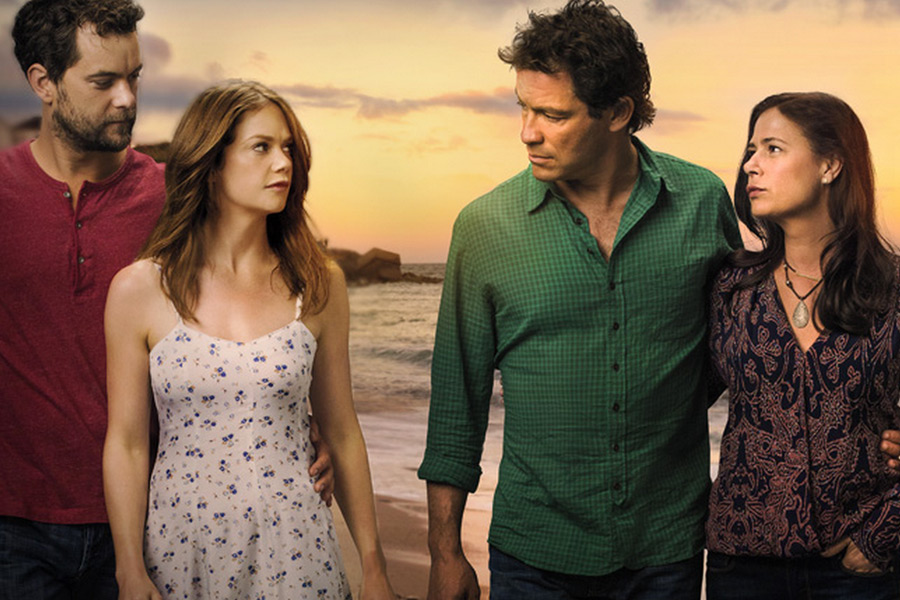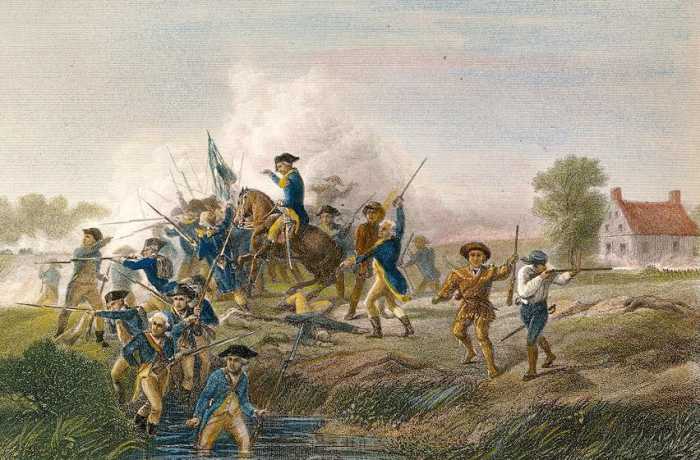Showtime's 'The Affair' Seeks Extras for Montauk Shoot

Calling all budding East End actors! The crew from Showtime’s upcoming drama The Affair is coming back to shoot in Montauk, May 27–June 6, and they’re looking for extras.
The show, which explores the effects of an extramarital relationship set against the backdrop of Montauk, stars Ruth Wilson, Dominic West, Maura Tierney and Joshua Jackson.
Showtime is shooting several scenes they are hoping to populate with East End faces, including both locals and tourists. Specifically, they’re looking for fishermen and women, diner patrons, farmers market vendors and buyers, surfers and people to ride the Block Island Ferry. Children also may be needed, but note that the show will shoot during school hours.
Filming usually take several hours, beginning as early at 6 a.m. Participants will be instructed as to what types of clothes to wear for the various scenes.
Interested actors must have a government issued ID in order to be paid, and they must bring either a valid U.S. passport, or two other forms of ID — e.g. valid driver’s license, birth certificate, Social Security card, voter ID or military card.
Pay will start at minimum wage and is guaranteed for 11 hours. Those who work more than 11 hours in one day will get an additional $12 per hour.
Interested participants should email a snapshot to Amerifilm Casting and Media, LLC (amerifilmcasting@yahoo.com) and write “Montauk Local” in the subject line. Include a phone number and note your preferred method of communication, availability, roles preferred and if you are able to bring a car, jeep, truck, boat or bike.
According to showtime.com, The Affair, “at once deeply observed and intriguingly elusive,” focuses on Noah, a New York City schoolteacher and novelist who is happily married but resents his dependence on his wealthy father-in-law, and Alison, a young waitress trying to piece her life and marriage back together in the wake of a tragedy. Set in Montauk at the end of Long Island, the provocative drama unfolds separately from both the male and female perspectives, using the distinct memory biases of both to tell the story.









